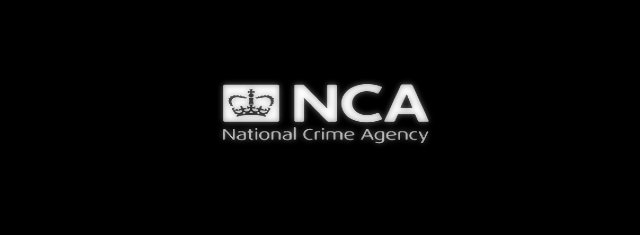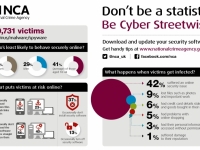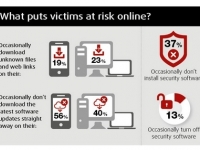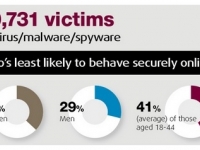Technology
National Crime Agency
Be Cyber Streetwise

National Cyber Security Programme (Source: © Crown Copyright)
USPA NEWS -
The National Crime Agency (NCA) has launched a campaign designed to highlight the dangers of not being protected online. This initiative, which is being run in partnership with the government's Cyber Streetwise campaign, aims to alert the public to the dangers posed by cyber criminals.
Four in ten adults don´t always install security software on new computers and mobiles, increasing the risk of cyber criminals accessing their cash, passwords and family´s privacy. The warning comes at the start of a NCA campaign designed to highlight the dangers of not being protected online. It aims to encourage computer, mobile and tablet users to download and update their security software, and comes in light of dozens of arrests around the world of those caught buying and distributing malicious software. The initiative, which is being led by the NCA´s National Cyber Crime Unit (NCCU) the Cyber Streetwise campaign, highlights the extent to which cyber criminals could access your bank accounts, email addresses and even your webcam.
The NCA´s top tips for protecting yourself include:
install security software and ensure your software and operating systems are up-to-date;
don´t open files either on a website or in an email from an unknown or suspicious source;
be cautious when putting USB sticks and CDs into your device; and buy legitimate software from reputable companies and download free software with caution. Jamie Saunders, the Director of the NCA´s National Cyber Crime Unit, said: “The internet is a great place to explore the world and do business, and the majority of people won´t experience any problems. But for the minority who leave themselves unprotected, not downloading and updating their security software can be very costly.
install security software and ensure your software and operating systems are up-to-date;
don´t open files either on a website or in an email from an unknown or suspicious source;
be cautious when putting USB sticks and CDs into your device; and buy legitimate software from reputable companies and download free software with caution. Jamie Saunders, the Director of the NCA´s National Cyber Crime Unit, said: “The internet is a great place to explore the world and do business, and the majority of people won´t experience any problems. But for the minority who leave themselves unprotected, not downloading and updating their security software can be very costly.
"The cost to individuals not only hits their pockets but also their personal and family life, which is why it´s important that everyone takes steps to protect their computer, tablet and mobile. “The NCA will continue its fight to cut serious and organised crime on the streets and online by pursuing criminals and protecting the public. But for this to be successful we all have to help ourselves too." Organised Crime Minister Karen Bradley said: "The internet has radically changed the way we work and socialise, but cyber crime now poses a serious threat to the UK, and the Government has taken action to transform the way we respond.
"Through the National Cyber Security Programme, they have dedicated £860 million over five years to make the UK one of the most secure places in the world to go online." For help with downloading and updating security software visit the NCA's campaign page (click on link below) . For advice on staying safe online visit Cyber Streetwise. If you have been infected by a computer virus, malware or spyware and whether or not you have lost anything you should report your incident to Action Fraud. The more the public reports it, the more law enforcement can do to stamp out cyber crime.
Source: National Crime Agency - © Crown Copyright
Source: National Crime Agency - © Crown Copyright
more information: https://www.cyberstreetwise.com/
Liability for this article lies with the author, who also holds the copyright. Editorial content from USPA may be quoted on other websites as long as the quote comprises no more than 5% of the entire text, is marked as such and the source is named (via hyperlink).








